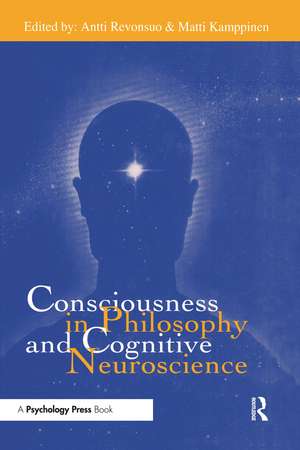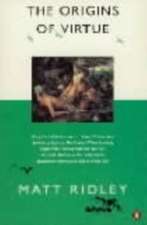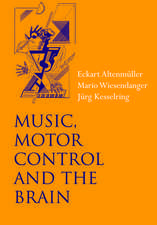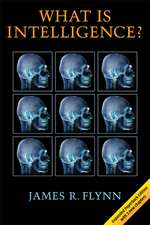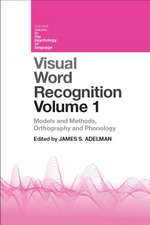Consciousness in Philosophy and Cognitive Neuroscience
Editat de Antti Revonsuo, Matti Kamppinenen Limba Engleză Hardback – iun 1994
This book demonstrates the dialogue between philosophical and empirical points of view. The writers present alternative solutions to the brain-consciousness problem and they discuss how the unification of biological and psychological sciences could thus become feasible. Covering a large ground, this book shows how the philosophical and empirical problems are closely interconnected. From this interdisciplinary exploration emerges the conviction that consciousness can and should be a natural part of our scientific world view.
| Toate formatele și edițiile | Preț | Express |
|---|---|---|
| Paperback (1) | 488.29 lei 6-8 săpt. | |
| Taylor & Francis – 7 mai 2015 | 488.29 lei 6-8 săpt. | |
| Hardback (1) | 1003.43 lei 6-8 săpt. | |
| Taylor & Francis – iun 1994 | 1003.43 lei 6-8 săpt. |
Preț: 1003.43 lei
Preț vechi: 1223.70 lei
-18% Nou
Puncte Express: 1505
Preț estimativ în valută:
192.00€ • 200.47$ • 158.91£
192.00€ • 200.47$ • 158.91£
Carte tipărită la comandă
Livrare economică 04-18 aprilie
Preluare comenzi: 021 569.72.76
Specificații
ISBN-13: 9780805815092
ISBN-10: 0805815090
Pagini: 310
Ilustrații: illustrations
Dimensiuni: 152 x 229 x 23 mm
Greutate: 0.54 kg
Ediția:1
Editura: Taylor & Francis
Colecția Psychology Press
Locul publicării:Oxford, United Kingdom
ISBN-10: 0805815090
Pagini: 310
Ilustrații: illustrations
Dimensiuni: 152 x 229 x 23 mm
Greutate: 0.54 kg
Ediția:1
Editura: Taylor & Francis
Colecția Psychology Press
Locul publicării:Oxford, United Kingdom
Public țintă
ProfessionalCuprins
Contents: Preface. A. Revonsuo, M. Kamppinen, S. Sajama, General Introduction: The Riddle of Consciousness. Part I: What Is Consciousness? A. Revonsuo, The Appearance and Reality of Consciousness. I. Niiniluoto, Scientific Realism and the Problem of Consciousness. D.C. Dennett, Real Consciousness. P.S. Churchland, V.S. Ramachandran, Filling In: Why Dennett Is Wrong. J.R. Searle, The Problem of Consciousness. Part II: The Properties of Consciousness. A. Revonsuo, The Fragile Smell of Rose, the Peculiar Aboutness of Thought, and the Elusive Subject of Conscious Experience. J. Haugeland, Understanding: Dennett and Searle. D.C. Dennett, Instead of Qualia. Part III: Models of Consciousness. A. Revonsuo, Chasing the Ghost in the Machine. B.J. Baars, A Global Workspace Theory of Conscious Experience. A.W. Young, Neuropsychology of Awareness. Part IV: The Future of Consciousness. A. Revonsuo, Will We Get an Explanation for Consciousness? B.J. Baars, J. Newman, A Neurobiological Interpretation of Global Workspace Theory. R. Tuomela, The Fate of Folk Psychology. A. Revonsuo, In Search of the Science of Consciousness.
Notă biografică
Antti Revonsuo and Matti Kamppinen
Descriere
Descriere de la o altă ediție sau format:
This book demonstrates the dialogue between philosophical and empirical points of view. The writers present alternative solutions to the brain-consciousness problem and they discuss how the unification of biological and psychological sciences could thus become feasible. Covering a large ground, this book shows how the philosophical and empirical problems are closely interconnected. From this interdisciplinary exploration emerges the conviction that consciousness can and should be a natural part of our scientific world view.
This book demonstrates the dialogue between philosophical and empirical points of view. The writers present alternative solutions to the brain-consciousness problem and they discuss how the unification of biological and psychological sciences could thus become feasible. Covering a large ground, this book shows how the philosophical and empirical problems are closely interconnected. From this interdisciplinary exploration emerges the conviction that consciousness can and should be a natural part of our scientific world view.
